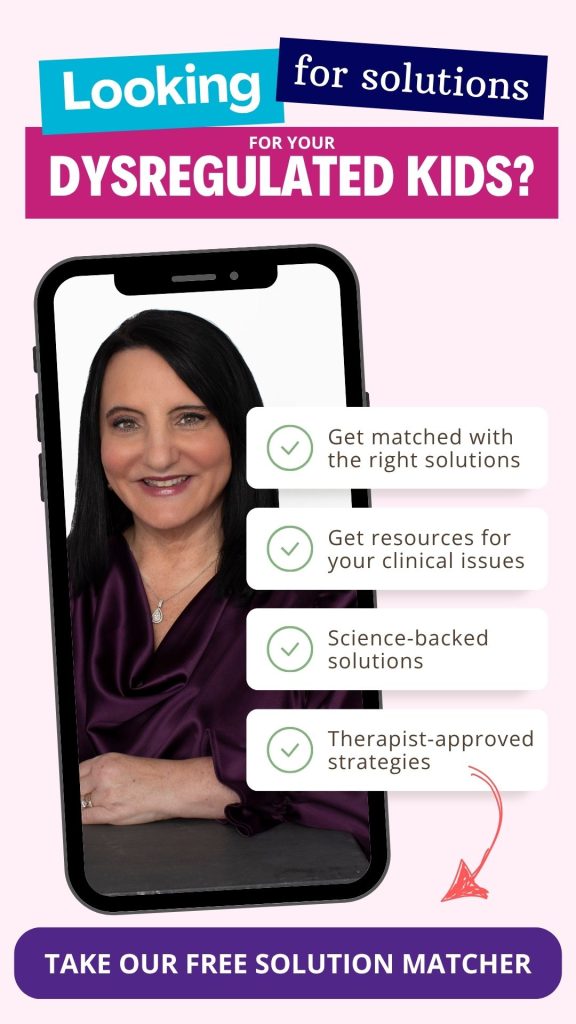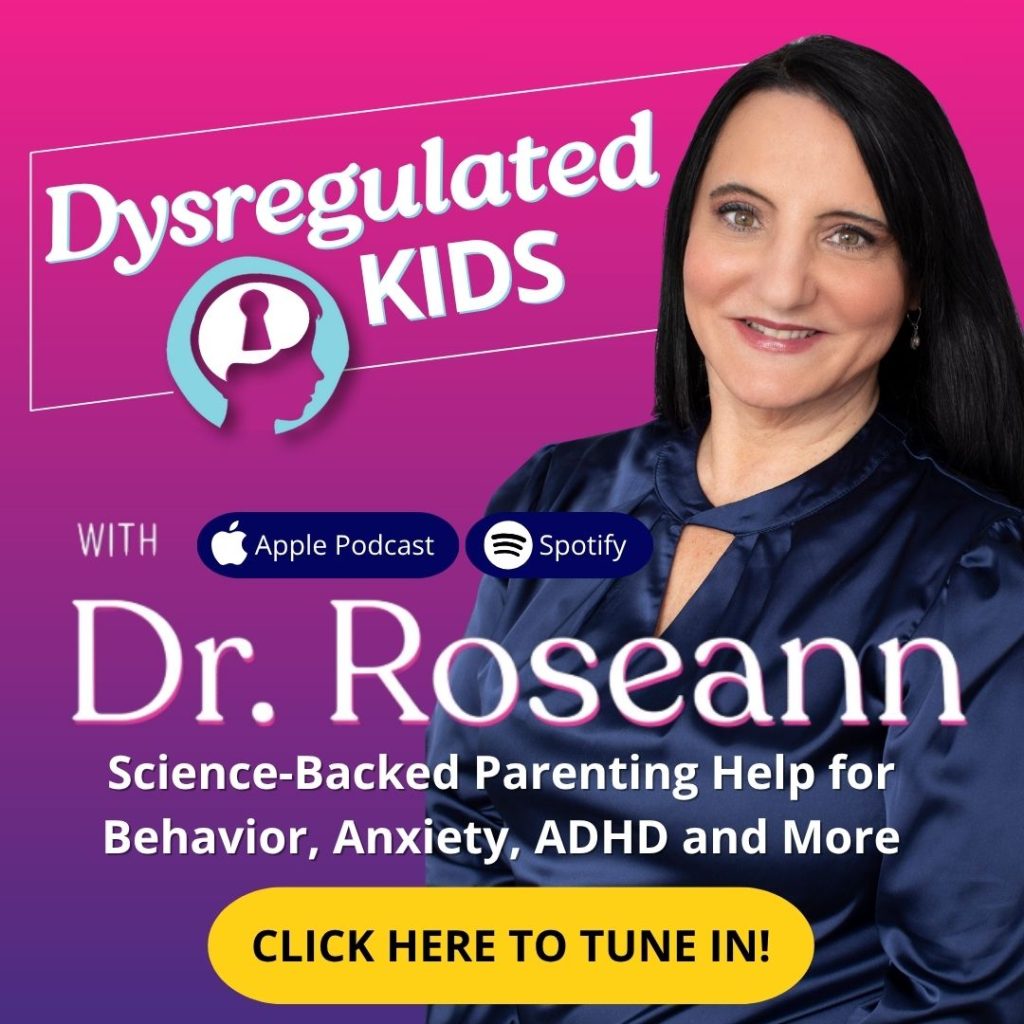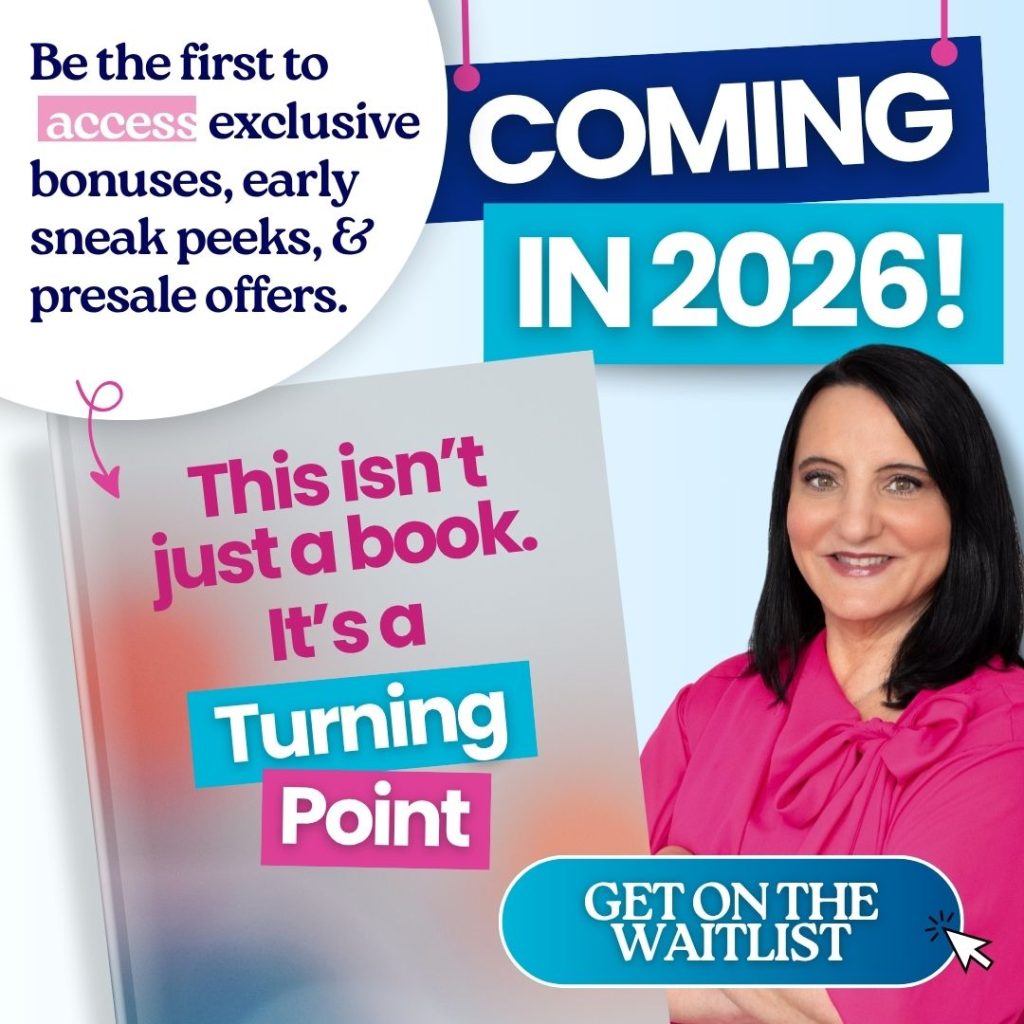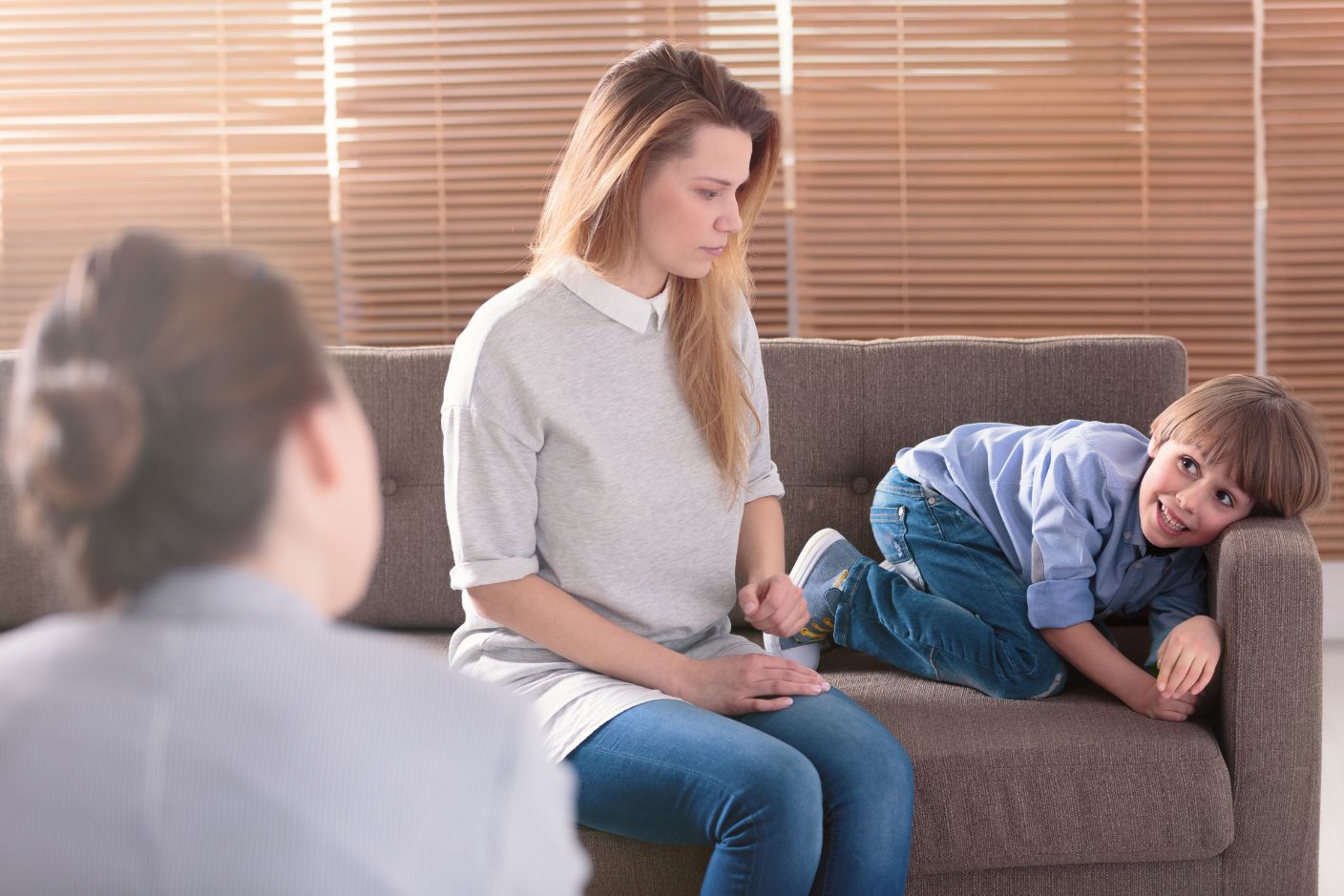
Estimated reading time: 7 minutes
Curious how emotional dysregulation can shape your teen’s romantic life and how to guide them safely toward healthier connections?
Navigating teen relationships can bring intense emotions, roller‑coaster moods, and confusion, especially for dysregulated teens. In this blog, you’ll learn how emotional regulation links to dating, warning signs to watch, practical steps to set boundaries, co‑regulation tools, and how to help when heartbreak hurts.
What you’ll learn:
- How emotional dysregulation affects teen dating dynamics
- Signs your teen may be struggling in a romantic relationship
- Practical ways to support and guide them with boundaries, co‑regulation, and post‑relationship healing
Why Emotional Regulation Matters in Teen Dating
When teens date, they’re learning how to manage intense feelings—all hormones, attachment cues, and identity exploration combined. According to The Emotional Lives of Teenagers, “Powerful emotions are a feature, not a bug” of adolescence. Berardis (2020)
In dysregulated teens:
- Emotions can spiral into impulsive behaviors or obsessive thinking.
- Poor impulse control or boundary‑setting can disrupt budding romantic bonds
Decoding emotions is the foundation of healthy teen relationships—it’s not bad parenting—it’s a dysregulated brain trying to communicate.

Can a Dysregulated Teen Handle Dating?
There’s no one‑size‑fits‑all age cutoff. It depends on emotional maturity, stress levels, and coping skills.
Consider:
- Has your teen mastered basic emotional regulation (deep breaths, self‑talk, journaling)?
- Do they have support beyond the relationship (friends, adult mentors)?
- Can they express “no,” set limits, and recover from conflict without spiraling?
If the answer is ‘no’ to most, suggest postponing dating while building skills. That gives them space to grow without emotional risk. Wilson et al. (2024)
How to Tell if My Teen is Dysregulated in a Romantic Relationship?
You may notice emotional flooding instead of calm communication. Teens may idealize their partner, cling for reassurance, or spiral with jealousy or anxiety.
Signs to watch:
- Obsessive texting, checking social media about partner
- Emotional volatility—mood swings tied to relationship ups/downs
- Difficulty setting or respecting boundaries
- Dramatic self‑esteem shifts based on relationship events
What Boundaries Should I Help My Teen Set in Dating?
Boundaries teach safety, respect, and self‑esteem. They offer a supportive container so your teen can practice emotional regulation in a relationship context.
Suggested boundaries:
- Agree on reasonable social media limits and texting expectations
- Define “ok” contact (in person, calls) vs. off‑limits behaviors
- Encourage self‑care: sleep, screen‑free time, friendships outside dating
- Discuss consent, privacy, and respecting “no”
How Can I Talk to My Teen About Emotional Regulation Without Pushing Them Away?
Start with curiosity, not punishment. Use reflective listening and open questions.
Tips:
- Lead with empathy: “I see how hard this is for you right now.”
- Use non‑accusatory language: focus on behaviors not identity
- Ask open‑ended: “What felt hardest for you that night?”
- Share: “When I feel overwhelmed, I find taking a pause helps me calm my brain first.”
As Dr. Haim Ginott famously said, “Never deny or ignore a child's feelings. Only the behavior is treated as unacceptable, never the child”

Signs a Relationship is Hurting Your Child’s Mental Health
Look beyond behavior to emotional health: is the relationship draining rather than brightening their mood?
🔎 Warning signs:
- Persistent anxiety, depressed mood, or obsessive worry post‑dating
- Withdrawal from friends, family, hobbies
- Heightened emotional reactivity or self‑criticism
- Reports of manipulation or pressure
Real Life example:
A 16‑year‑old teen became reclusive after dating someone who criticized him. Mood swings, low school interest, and self‑doubt followed. His parents used co‑regulation and therapeutic support to help him step back, reconnect with hobbies, and regain self‑worth.
Takeaway: relationship strain shows up in more than romance, it affects the whole‑life balance.

Using Co-Regulation to Support Your Teen
Co‑regulation means offering calm, steady support so your teen can regulate themselves.
Harvard health expert Marchette describes co‑regulation steps: parent pauses, self‑regulates (deep breath), validates, observes, and responds with presence and structure
What you can do:
- Hold space, with firm calm and empathy
- Offer grounding tools (walk, water, breathing)
- When they’re calmer, help them name the emotion (“You seemed frustrated.”)
- Build routines and predictability to buffer stress
Helping Teens Recover After Heartbreak
Breakups hurt. But they also offer growth, if handled with support.
Steps to help:
- Listen without minimizing their pain
- Normalize heartbreak as part of teen growth
- Encourage expression: journaling, talking, safe creativity
- Reinforce self‑esteem through activities unrelated to romance
- Offer therapy or support groups if grief continues beyond weeks
Expert voice: Stuart Shanker’s Self‑Reg stresses that managing stress like heartbreak, starts with reducing overload and supporting resilience
Emotional regulation is the cornerstone of healthy teen relationships. By recognizing signs of dysregulation, helping your teen set boundaries, communicating with empathy, using co‑regulation, and supporting them post‑heartbreak, you empower them to build stronger emotional intelligence and relational resilience.
You’re doing essential work, one calm brain at a time.
It’s not bad parenting, it’s a dysregulated brain needing support. It’s gonna be OK.
Terminology
- Emotional regulation: the ability to manage and respond to emotional experiences in a healthy, controlled way
- Emotional dysregulation: when emotional responses are intense or poorly modulated relative to the situation
- Co‑regulation: a supportive process where a calm adult helps a child regulate until they can self‑soothe
FAQs
Q1: What age should teen dating start if a child struggles with emotional dysregulation?
There’s no magic number. Focus instead on emotional skills: can they self‑soothe, set limits, and recover from challenges? If not, wait while building regulation tools.
Q2: How do I know whether to step in or stay out when my teen is in a rocky relationship?
Watch for mental health warning signs: anxiety, obsession, depression, loss of identity. If those arise, you’ll need to step in calmly—but with empathy and support, not criticism.
Q3: Can therapy help with emotional regulation in teen relationships?
Yes—a good therapist can teach emotional vocabulary, coping skills, boundary-setting, and self‑compassion, all of which support healthier relationships.
Q4: Should I talk about sex and consent with a dysregulated teen?
Yes, definitely. Discuss it calmly, age‑appropriately, and early. Boundaries, respect, consent, and self‑respect should be part of your parenting toolbox.
Citations:
- De Berardis, D., Fornaro, M., Orsolini, L., Ventriglio, A., Vellante, F., & Di Giannantonio, M. (2020). Emotional dysregulation in adolescents: Implications for the development of severe psychiatric disorders, substance abuse, and suicidal ideation and behaviors. Brain Sciences, 10(9), 591. https://doi.org/10.3390/brainsci10090591
- Sahi, R. S., Eisenberger, N. I., & Silvers, J. A. (2023). Peer facilitation of emotion regulation in adolescence. Developmental Cognitive Neuroscience, 62, Article 101262. https://doi.org/10.1016/j.dcn.2023.101262
- Wilson, S. V., Szwedo, D. E., & Allen, J. P. (2024). Interparental and parent–teen relationships during adolescence as predictors of intra‑ and interpersonal emotion regulation in young adulthood. Youth, 4(4), 1417–1436. https://doi.org/10.3390/youth4040090.
Dr. Roseann Capanna-Hodge is a licensed mental health expert that is frequently cited in the media:
- Cheddar TV Teens and Social Media Posting – How Social Media is Affecting Teens
- The Experience Miracles (Podcast) Why Traditional Discipline Fails Dysregulated Kids (And What Actually Works)
- The Experience Miracles (Podcast) Why Traditional Discipline Fails Dysregulated Kids (And What Actually Works)
Disclaimer: This article is not intended to give health advice and it is recommended to consult with a physician before beginning any new wellness regime. *The effectiveness of diagnosis and treatment vary by patient and condition. Dr. Roseann Capanna-Hodge, LLC does not guarantee certain results.
Are you looking for SOLUTIONS for your struggling child or teen?
Dr. Roseann and her team are all about science-backed solutions, so you are in the right place!

©Roseann Capanna-Hodge

%20.png)















